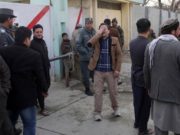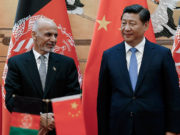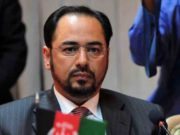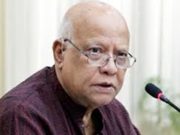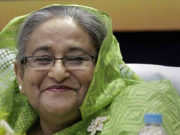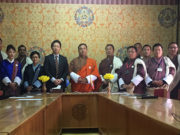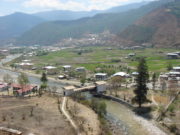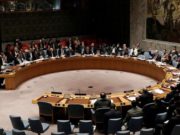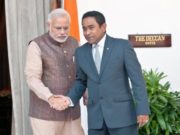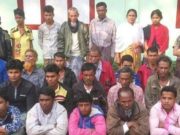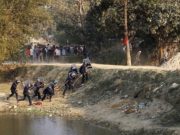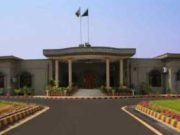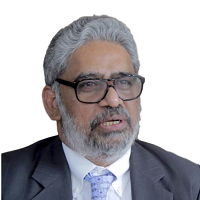The Asian Infrastructure Investment Bank (AIIB) started its operation as a new multilateral financial institution on January 16 last year. Its president Jin Liqun is in Kathmandu to attend Nepal Investment Summit as a keynote speaker. Sagar Ghimire of Republica talked to Liqun on the sidelines of the summit. Excerpts:
Q: What are the priority areas of financing for the AIIB in Nepal?
A: Our team came to Nepal earlier and identified some of the areas. For instance, we believe your country can develop hydropower, which is renewable energy, good for environment, good for implementation of the Paris Agreement, good for reduction of emissions and also you may be able to export power to India and other neighbor countries. By developing power, you need investment in power transmission and distribution which is very important for efficiency in power transmission. I met your Urban Development Minister yesterday who is very keen on developing satellite cities to provide best urban infrastructure facilities for the people, ring road, outer ring road, and mass transit system, among others. It is crucial to provide basic needs and facilities to the people.
Q: The government has proposed some projects about urban development and power generation. Any progress in this regard?
A: It’s not plausible for me to tell you what would be the likely first one or two projects we are going to do. We are working on that. But hydropower is a likely sector because you have natural hydropower resources. Depending on the availability and readiness of the project, we may do transport and urban development projects. I can’t give you definitive answer at this moment. But, what I can tell you is that we will be moving very fast.
Q: How does AIIB pick and pursue projects for investment?
A: We have three basic requirements: financial sustainability, environmental protection and social acceptance. We are not going to do anything which people do not welcome. For that to happen, it is very important for the government to work in close collaboration with local people. Resettlement is always a very difficult issue. It is very important to take care of people and to compensate them so they would not be adversely affected by investment in those areas. On the other hand, people should understand infrastructure is basic foundation for the long-term development of their country and people can benefit from that. I think reasonable demands should be met. But people should also be cooperative as long as their legitimate rights are protected. We take care of both.
Q: Spending capacity of our government is very weak. While investing in Nepal, will you help to enhance our technical capacity?
A: Nepal is a low-income country. The government certainly can do a lot to build the pipeline of projects for us. When you worked with the ADB and the World Bank, you have already trained a large number of people. But the issue is; what to do when young people come out. We have a special fund contributed by Chinese, British and some other governments. So Nepal, as a low income country, is eligible for this grant financing. We are actually working to approve some grant money for project preparation and technical assistance. You can hire consultants to help you prepare your projects. That can help your project sponsors to be more efficient and cost effective to get started.
Q: Other development partners have their country partnership strategy in Nepal as well as their country office. Are you planning to open your office in Nepal?
A: We are not going to have a huge resident mission here. We may have a couple of liaison officers here when we have larger programs in the future. As long as our people are needed, they will be in the field. We want to be very lean. And also with this modern technology, we can communicate with ease. I think it would be helpful if we are cost-effective. It is of utmost importance to enhance the sense of responsibility for the project sponsors to improve their capacity. We do not want to be a nanny. We work with partners who are responsible. As long as we have very good partners, we trust each other and we can do a lot of things.
Q: AIIB seems to be interested in OBOR project conceived by China? How can it connect Nepal?
A: Nepal’s development depends on better connectivity with outside world. So, our mission is to help improve your connectivity with other neighboring countries. That would provide even greater opportunity for your private sector and for your people. In my view, OBOR program just highlights the importance of connectivity and integration. This whole world must be better connected. This program does not have any geographical restriction. Its overall objective is better connectivity and working together. I think your country needs better transportation facilities. You need to have better roads, and even railways.
Q: What would be the estimated resource envelope for Nepal?
A: It is important for us to provide sufficient resources to you to put it in productive resources so you would be able to generate revenue to service your debt. Giving you money is to develop, not creating your debt problem. We have standard approaches on repayment and payback period.



